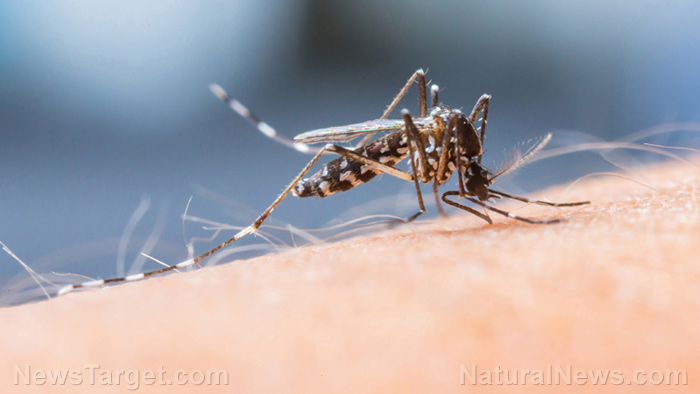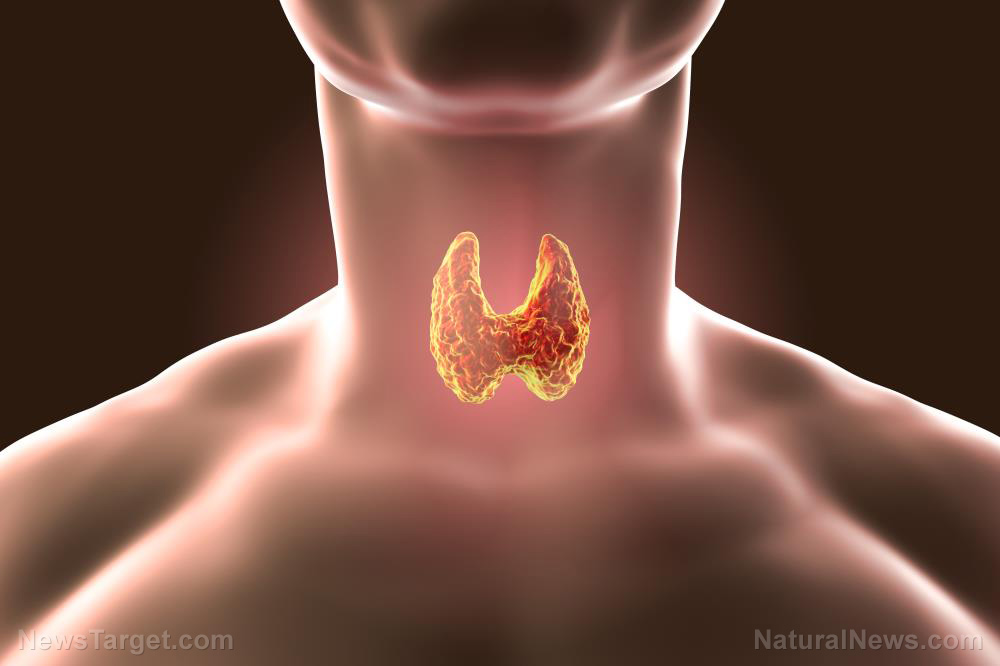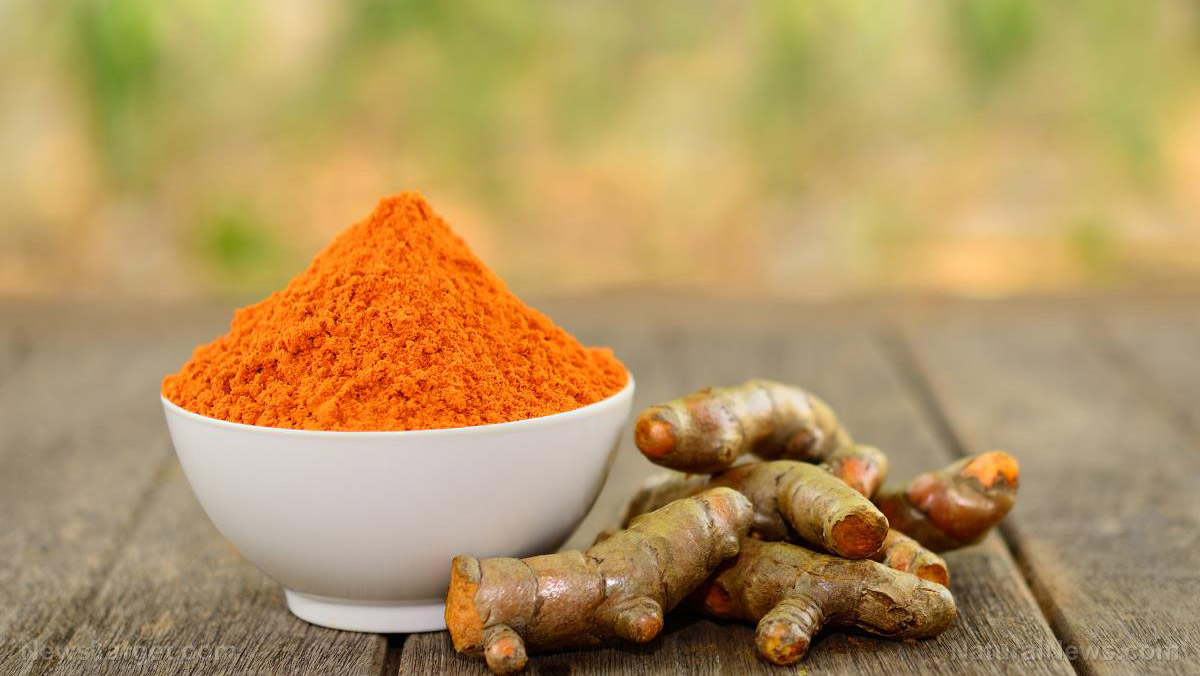A tip sheet on how to prevent dengue fever
12/07/2018 / By Ellaine Castillo

Mosquitoes can easily transmit diseases – such as Zika, yellow fever, chikungunya, and dengue – with just one bite. Among these diseases, dengue has the highest risk of mortality, which is very worrisome since it is also the quickest to spread across the world. The risk of getting dengue significantly increases during the monsoon season since this promotes the breeding of mosquitoes that transmit the disease. Fortunately, there are steps that can be taken to prevent dengue fever.
An average of 390 million dengue infections is noted each year, with the majority of them happening in tropical and sub-tropical countries. Many people mistake the mosquito as the pathogen behind dengue but in truth they just carry the virus that causes the disease. A person who was bitten by a carrier will start to experience flu-like symptoms after four to seven days. These symptoms include:
- High-grade fever with chills
- Intense headaches
- Joint and muscle pain
- Loss of appetite
- Nausea
- Vomiting
- Internal or external bleeding
- Weakness
- Skin rashes
Treatment of viral illnesses is not yet a well-developed field of study. Currently, there are no conventional treatments for dengue, but with proper management, it can go away within two weeks. There is also a chance that dengue can take a turn for the worst and develop into dengue hemorrhagic syndrome or dengue shock syndrome, which can be fatal.
Due to the limited number of treatments available, it is important to take precautionary steps to avoid dengue. Some tips on how to prevent this disease include the following:
- Clearing out mosquito breeding grounds — Mosquitoes only live for a short time, but they can easily multiply and replenish their population, unless you clear out their breeding areas. Mosquitoes prefer to lay their eggs in containers filled with stagnant water like pots, vases, barrels, fountains, gutters, and street drains. Unused bottles, tires, and other trash should also be discarded since these could accumulate water when it rains. It is important to do this at least once every week so that mosquitoes won’t have the opportunity to breed.
- Wearing protective clothes — When going outdoors, it is important to cover as much of your body as possible to keep your skin from mosquito bites. Furthermore, wearing light-colored clothes also reduces contact with mosquitoes since they are attracted to dark colors.
- Using protective equipment in the house — Keep mosquitoes out of your house by installing screens for your doors and windows or by keeping them closed at all times. You can also reduce potential contact with mosquitoes by using an air conditioner and a mosquito net, especially while sleeping.
- Applying mosquito repellents — There are many natural substances that can be used as mosquito repellents, such as lemon eucalyptus oil, lavender, cinnamon oil, thyme oil, Greek catnip oil, citronella, and tea tree. Apply these substances to exposed skin to keep mosquitoes away.
- Reducing alcohol intake — People who drink alcohol are more attractive to mosquitoes. This is due to the increase in body temperature as well as the secretion of alcohol in sweat.
By following these preventive steps, you can effectively reduce your risk not just for dengue but for other mosquito-borne diseases as well. (Related: Herbal formulations able to prevent and treat dengue fever: A scientific review.)
Learn more about dengue and other mosquito-borne illnesses by visiting Health.news today.
Sources include:
Tagged Under: dengue, Diseases, insects, mosquito repellents, mosquito-borne disease, mosquitoes, pests, prevention, viral disease, virus




















